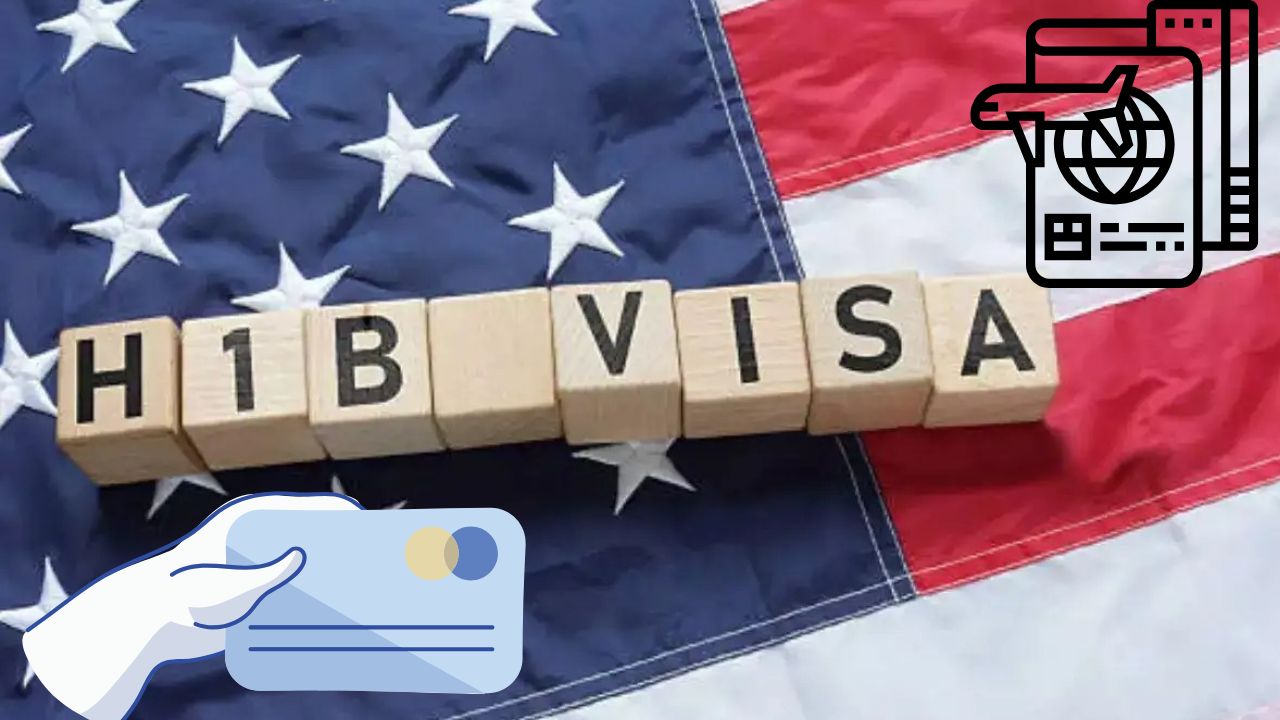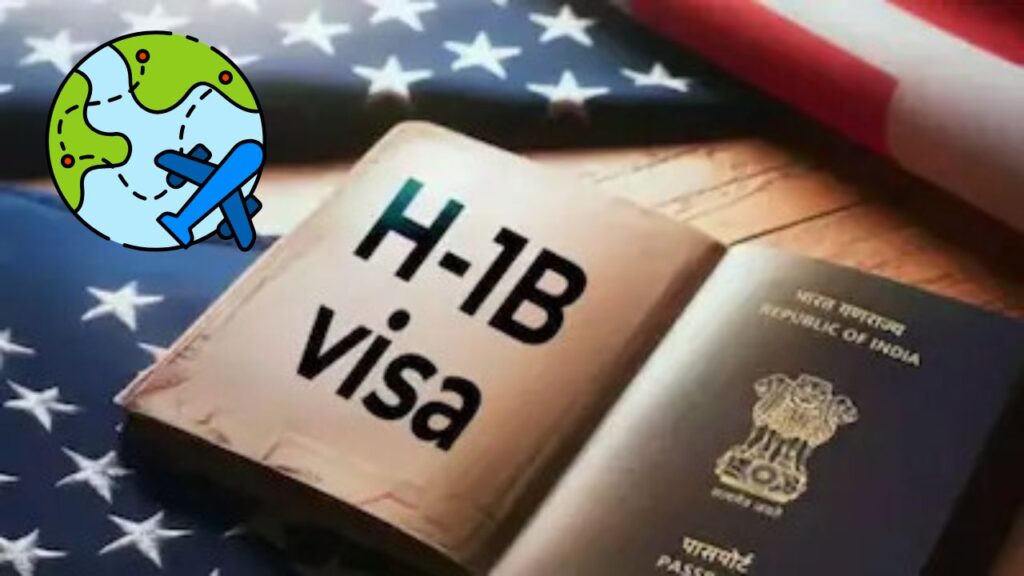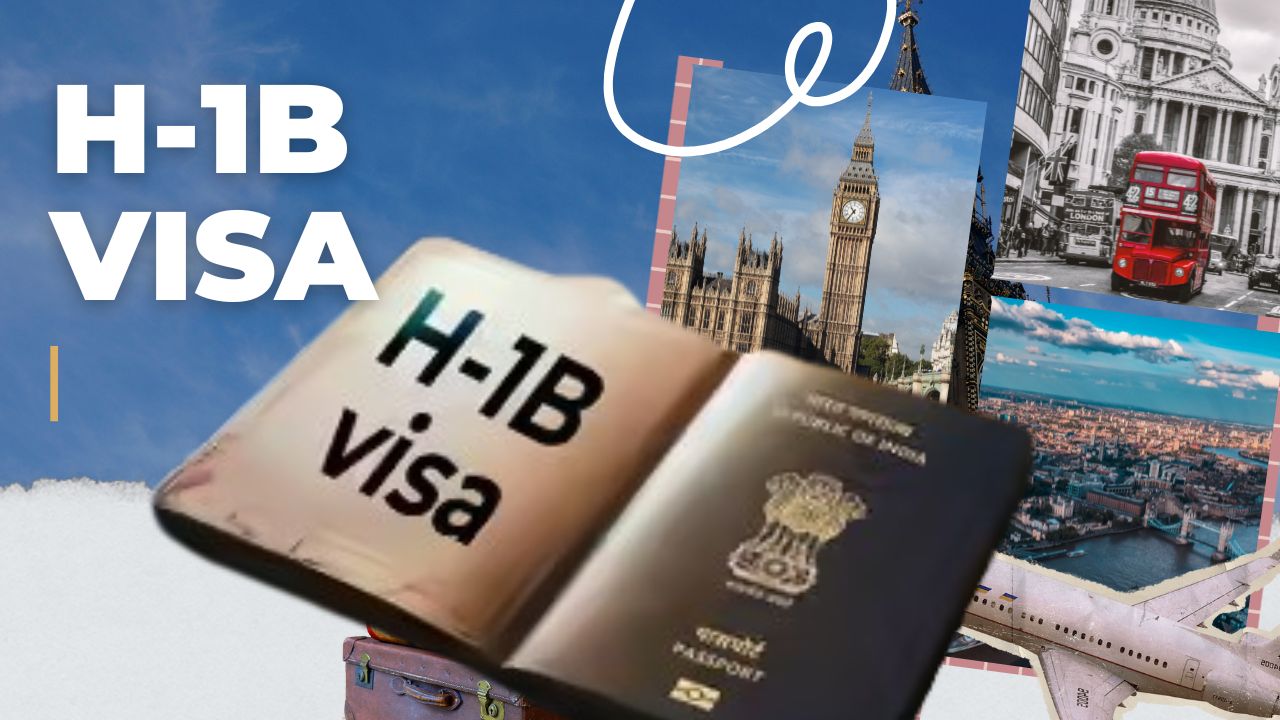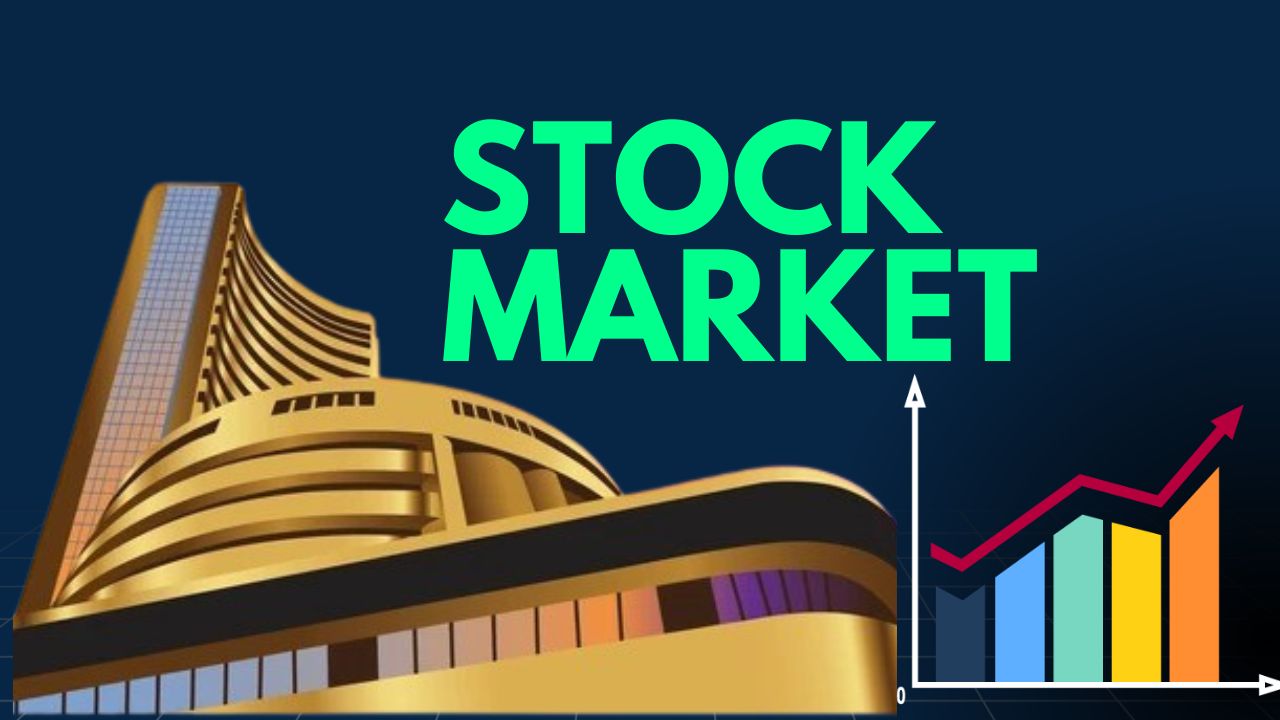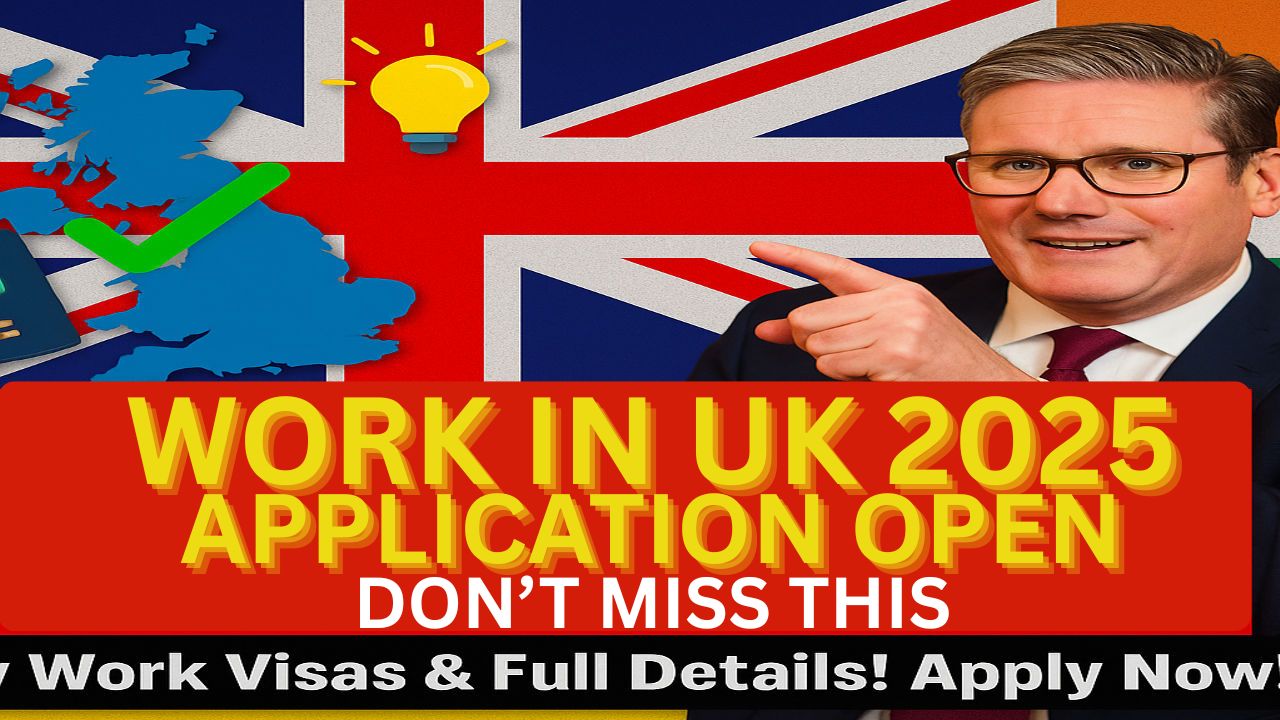The United States government has clarified its stance on the proposed H-1B visa fee hike, bringing relief to Indian technology companies and professionals. Contrary to initial concerns, the increased fee of USD 100,000 will only apply to new petitions starting in 2026. Current visa holders and renewals remain unaffected, significantly easing fears of disruption in the Indian IT sector.
The announcement has been welcomed by India’s apex IT industry body, Nasscom, which stated that the clarification removes uncertainty regarding eligibility, timelines, and the immediate impact on companies and employees.
Key Clarification on H-1B Visa Fee
The proposed change had initially caused confusion, as there were concerns that existing visa holders and ongoing petitions might also be subjected to the steep increase. However, the US government confirmed:
- The new fee applies only to fresh petitions.
- Current H-1B visa holders are exempt.
- The measure will take effect from 2026 onward.
According to Nasscom, this clarity has addressed immediate ambiguity and reassured both employers and employees. The organization emphasized that this decision provides businesses with enough time to adjust their workforce strategies and enhance local hiring initiatives.
Summary Table
Key Point |
Details |
|---|---|
Policy Change |
H-1B visa fee increased to USD 100,000 (from 2026). |
Who is Affected |
Only fresh petitions; current visa holders are exempt. |
Clarification Source |
Official announcement welcomed by Nasscom. |
Indian IT Impact |
Minimal, due to reduced reliance on H-1B visas. |
Visa Issuance Trend |
Fell from 14,792 in 2015 to 10,162 in 2024. |
Local Hiring Investment |
Over USD 1 billion in the US. |
Top Companies with H-1B Approvals FY 2025 |
Amazon, TCS, Microsoft, Meta, Apple, Google, Cognizant, JP Morgan, Walmart, Deloitte. |
Official USCIS Website |
Indian IT Industry’s Shift Toward Local Hiring
Over the past decade, Indian IT companies have reduced their reliance on H-1B visas and increasingly focused on building a strong local workforce in the United States. Nasscom highlighted several important trends:
- H-1B reliance has dropped significantly: Workers on these visas now make up less than 1 percent of the workforce in top Indian IT firms.
- Declining visa numbers: The number of H-1B visas issued to Indian IT firms fell from 14,792 in 2015 to 10,162 in 2024.
- Investment in local talent: The IT industry has invested more than USD 1 billion in upskilling and recruitment within the US.
Nasscom added that the delayed implementation of the new fee gives Indian companies sufficient time to accelerate their local hiring and workforce development programs.
Importance of H-1B Visas for the US Economy
H-1B visas allow highly skilled foreign workers to fill roles in industries facing critical talent shortages. These professionals, particularly in the technology sector, contribute significantly to the US economy by:
- Supporting innovation and competitiveness.
- Filling roles where local talent supply is limited.
- Earning salaries comparable to local hires, ensuring no wage disparity.
Nasscom stressed that skilled mobility is vital for sustaining US innovation and long-term economic growth.
Initial Confusion and Impact on Indian Professionals
The clarification follows weeks of uncertainty after President Donald Trump’s proclamation about the fee hike. Reports indicated that many Indian professionals, who make up more than 70 percent of H-1B visa holders, were left scrambling for information.
Some of the immediate consequences included:
- Frantic travel adjustments as visa holders rushed to interpret the new rules before the September 21 deadline.
- Flight disruptions and last-minute cancellations.
- Social media anxiety, with Indian tech professionals sharing experiences of disrupted plans.
The reassurance that current visa holders will not be affected has helped ease these concerns and restore stability for thousands of Indian employees working in the US.
Companies with the Most H-1B Approvals in FY 2025
According to USCIS data, the following organizations received the highest number of H-1B approvals for fiscal year 2025:
- Amazon – 10,044
- Tata Consultancy Services (TCS) – 5,505
- Microsoft – 5,189
- Meta – 5,123
- Apple – 4,202
- Google – 4,181
- Cognizant – 2,493
- JP Morgan Chase – 2,440
- Walmart – 2,390
- Deloitte Consulting – 2,353
Other notable companies include Infosys (2,004), LTIMindtree (1,807), and HCL America (1,728). These figures highlight the critical role Indian IT companies and professionals play in the US workforce.
Future Implications for Indian IT Firms
Experts believe that the immediate impact of the fee hike will be minimal, given the declining dependence on H-1B visas and the growing trend of local hiring. However, long-term implications will depend on whether the fee continues in future cycles.
In the next 6–12 months, industry analysts do not expect major disruptions, but companies may need to:
- Reassess their visa filing strategies.
- Invest further in US-based upskilling programs.
- Strengthen local recruitment pipelines.
Frequently Asked Questions (FAQs)
Q1. Will the H-1B fee hike affect current visa holders?
No. The fee increase applies only to new petitions filed from 2026 onward.
Q2. Why was there confusion about the H-1B fee?
The initial proclamation lacked clarity on whether current visa holders were included, causing panic among professionals and companies.
Q3. How are Indian IT companies preparing for this change?
They are investing heavily in local hiring and upskilling in the US, reducing reliance on H-1B visas.
Q4. How many Indians currently hold H-1B visas?
Indian nationals account for more than 70 percent of all H-1B visa holders.
Q5. Which companies benefit most from H-1B visas?
Large tech firms like Amazon, TCS, Microsoft, Meta, Apple, and Google are among the top recipients of H-1B approvals.
For More Information Click HERE

